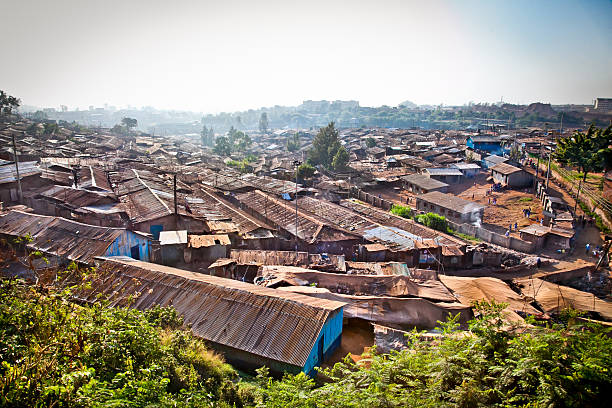Poverty alleviation is a pressing issue in many counties across Kenya, with most Counties being no exception. To effectively combat poverty, it requires a complex approach that incorporates both short-term relief measures and long-term sustainable solutions. This article aims to discuss some strategies that can be implemented to reduce poverty in Most parts of Kenya.

Agriculture is the backbone of Kenya’s economy especial on tea farming. To uplift the living standards of the rural population, a focus on improving agricultural practices, access to modern farming techniques, and promoting value addition can be key. Providing farmers with quality seeds, fertilizers, irrigation systems, and training on sustainable farming methods can enhance productivity and increase incomes.
Enhancing Education and Skills Development
Education is important in breaking the cycle of poverty. Investing in quality education, including vocational training, can equip individuals with the skills needed for employment or entrepreneurship. This can enhance their job prospects and enable them to contribute to the local economy. Kenya as c Country can prioritize improving access to quality education by upgrading infrastructure, providing scholarships, and offering vocational training programs. These initiatives equip individuals with the knowledge and skills necessary to secure better job opportunities and start their own businesses.

Supporting Small and Medium Enterprises
Encouraging entrepreneurship and supporting small and medium enterprises (SMEs) can stimulate economic growth and create employment opportunities. Kenya can establish business incubation centres and provide access to microfinance institutions, loans, and grants. Additionally, promoting market linkages and facilitating market access for local products will aid in increasing income levels and reducing poverty.
Involve all sectors of the government in the developing country
When it comes down to it, a nation struggling with poverty needs all hands on deck to resolve it. They need to have educators, businessmen and lawmakers all involved. This will help identify problems in a range of areas and will ensure that as much support as possible is being given.
Reducing poverty requires a comprehensive approach that addresses the root causes and provides sustainable solutions. By prioritizing agricultural development, enhancing education and skills development, supporting SMEs, improving healthcare services, investing in infrastructure, and strengthening social safety nets, Kenya can make significant strides towards poverty alleviation. Collaboration between the government, NGOs, and local communities will be crucial in implementing and sustaining these strategies, ultimately leading to a better future for its residents.




